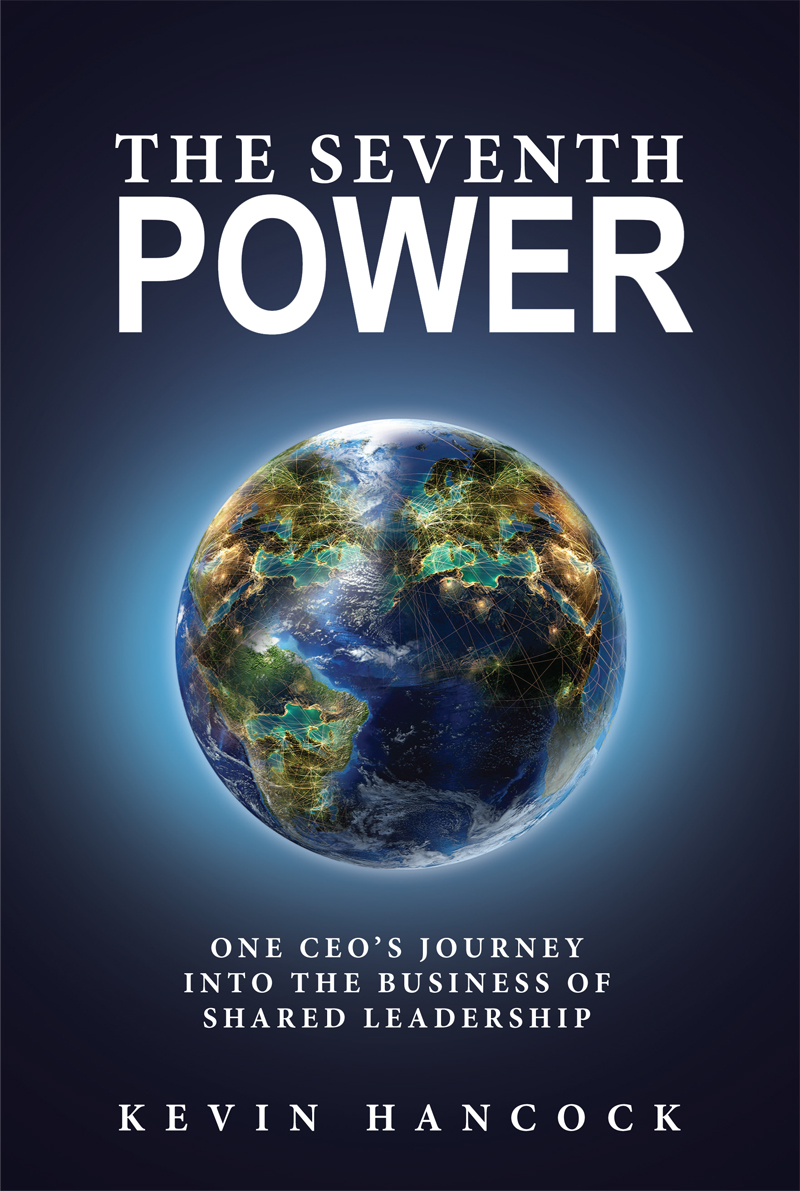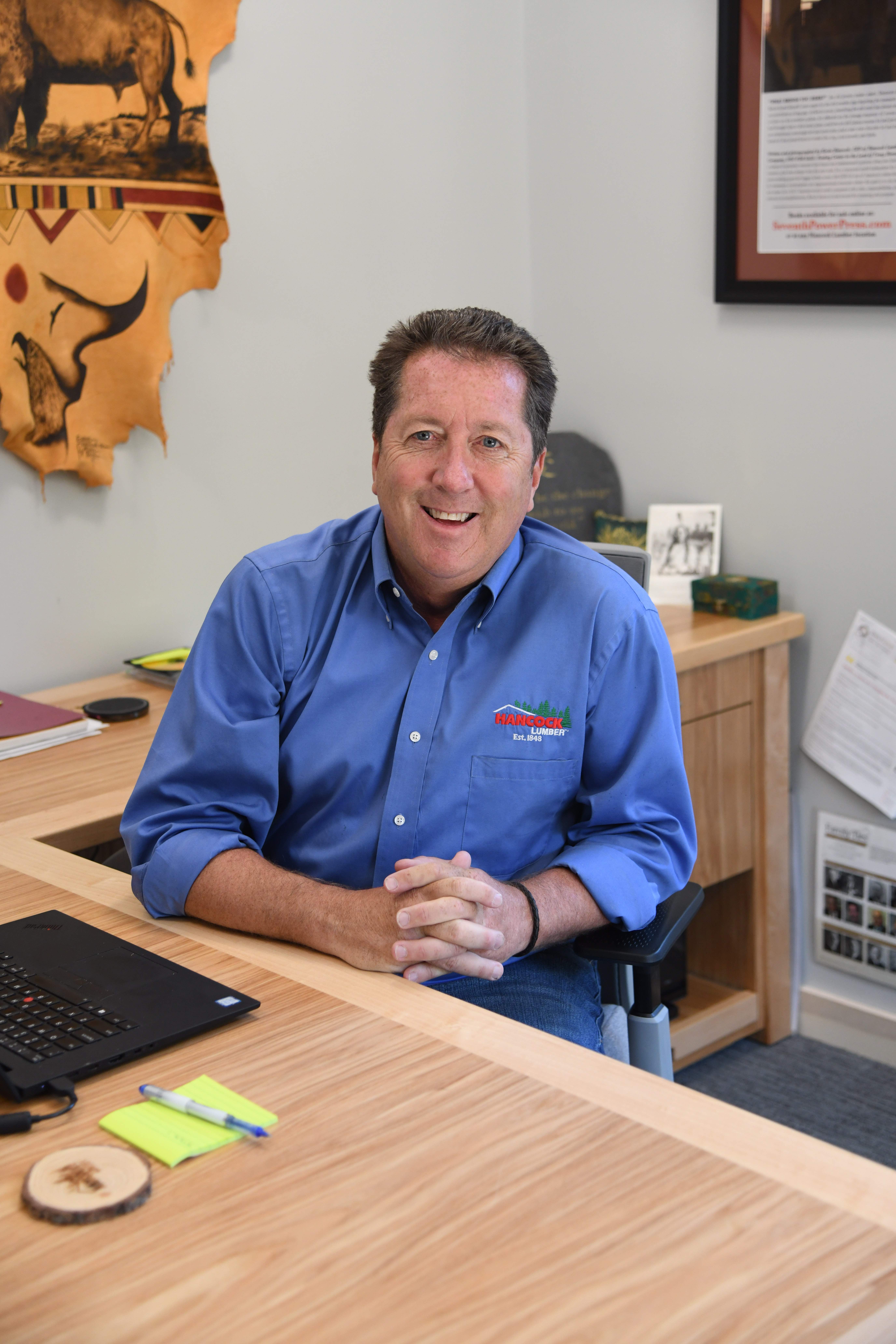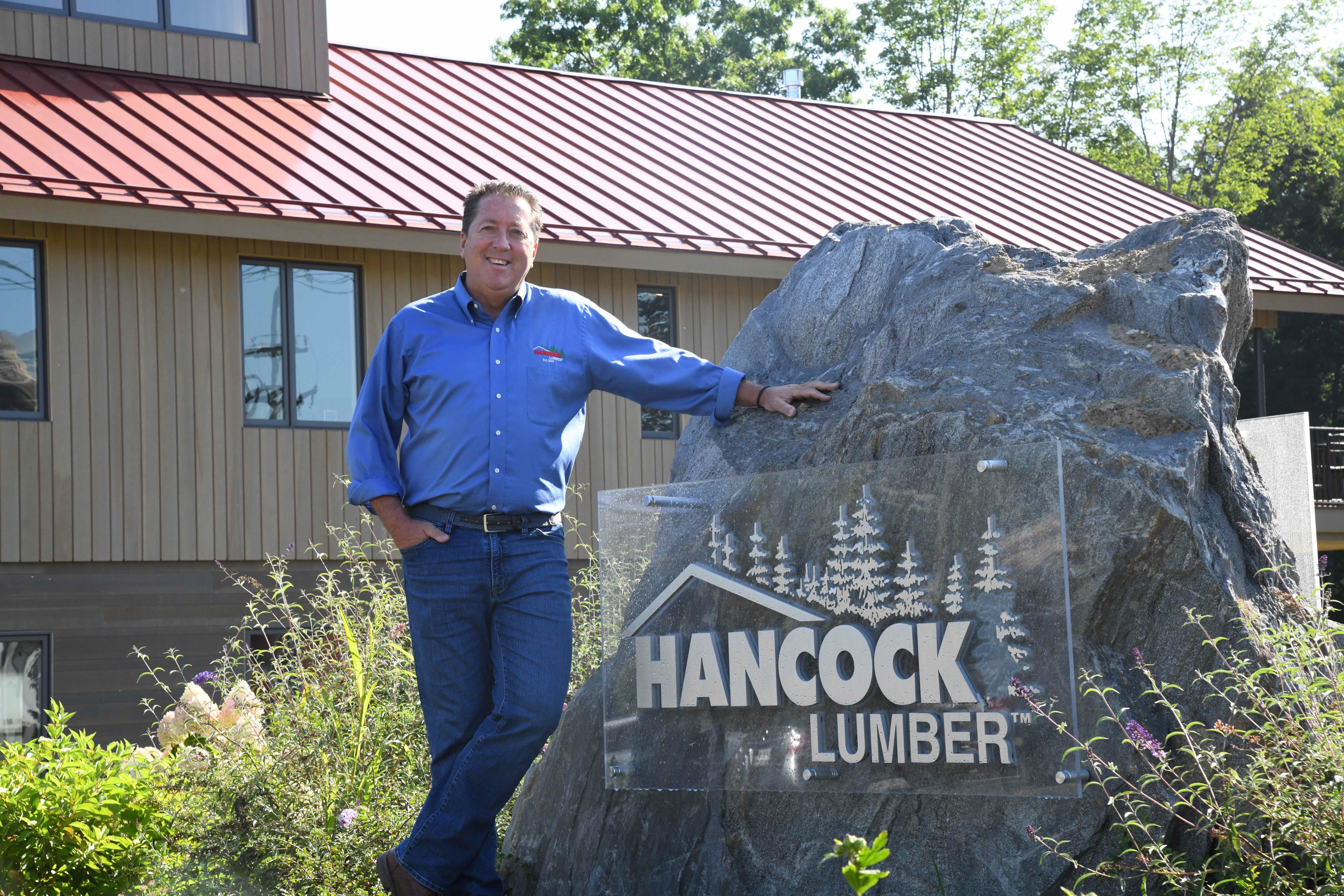I was walking alone in the Arizona desert at sunset when the epiphany I had been searching for unexpectedly arrived. It came in the form of five simple words that stopped me in my tracks: In nature, power is dispersed.
I paused and surveyed the scene, contemplating the implications of this fundamental truth. To my left the sun was setting into the jagged ridgeline. To my right the shadows of evening methodically advanced up the cactus-covered red rock mountain with all the confidence that millions of years of repetition afford. Birds sang and darted about in the lightness of the arid gentle breeze. “In nature, power is dispersed,” I whispered to myself multiple times before pondering the relevance of this wisdom to human organizations.
“Where is the capital of this desert? Where is the headquarters—the corporate governing center?”
“Where is the CEO? Where are the supervisors?”
“Which one of these cactuses is in charge of all the others?”
The answer to each question was abundantly clear. The sacred leadership power of nature was scattered and dispersed, living in all its parts and pieces. And humans, who are a part of nature—not above it—ultimately aspire to organize in this same way. As the CEO of a lumber company in Maine, this was a conformational moment of clarity.
You see, I had stumbled onto this understanding nearly a decade earlier when I acquired a rare neurological speaking disorder called spasmodic dysphonia (SD). At the time I was trying to help lead our company through the collapse of the national housing and mortgage markets. Suddenly, when I needed it the most, my voice was difficult to use.
When it’s hard to talk you develop strategies for doing less of it, and mine was to answer a question with a question, thereby putting the responsibility for speaking right back on the other person. “That is a good question. What do you think we should do about it?” became a common reply of mine. Over time I began to recognize something magical in this approach. People already know what to do. They don’t actually need a CEO-centric directive to the vast majority of challenges they face each day.
Two years later I serendipitously began traveling from Maine to the remote Pine Ridge Indian Reservation in South Dakota, a place I have now been over twenty times. There I met an entire community that felt as if a piece of their voice had been taken away. At Pine Ridge I also learned about the traditional sacred rites of the Sioux. One in particular fascinated me. It was the Vision Quest. In the Vision Quest rite, young people coming of age, or adults at a transformational moment in their lives, leave their tribe and journey out alone into the wilderness in hopes of receiving a vision from the Great Spirit.
This vision was most typically a gift of deep insight and clarity regarding your unique gifts, talents, and point of view. Upon receiving a vision, you were then expected to return to your tribe, share what you had learned, and then live your life in accordance with that vision. The idea was reminiscent of Rudyard Kipling’s “the strength of the pack is the wolf.” If every individual was living authentically with their own unique voice, then the tribe as a whole would be strong. Under this social construct, the Sioux tribes of the northern plains once thrived.
The lessons of my voice condition combined with my time at Pine Ridge to crystallize a new approach to corporate leadership. Power was meant to be dispersed. Leadership was meant to be shared. Every voice was meant to be heard. From that moment forward I never saw my role as the CEO the same way again.
In the years that followed, the more I let others lead, the better we performed. In fact, we reinvented our leadership systems around power dispersal, not power collection. Huddles, focus groups, and management restraint now became our core tools for engagement. Everybody leads! That was our new philosophy.
Eventually we doubled down on this approach and created a new corporate mission. The very purpose of the company was to become a place where each employee could find their voice, self-actualize, and grow as a human being. We were becoming an employee-centric company. If the employees had a meaningful experience, I believed they would reciprocate that care and positive energy back onto our customers, and the company itself. And that’s exactly what happened.
We went on to become a six-time best place to work in Maine, with a survey score of close to 90 percent engagement. Along the way we set six consecutive records for profitability. As this occurred, our ability to reinvest in the company grew. The entire flywheel of corporate success was being served by distributing power, not collecting it.
As for me, my job got easier and easier. When everybody leads, the work is lighter for everyone. Additionally, we were making better decisions because more people were having an authentic say in what to do and how to do it. When it’s safe for people to say what they think, the truth rises more clearly and surfaces more often. As it turns out, these were all lessons anyone could learn just by taking a sunset walk in the desert.



